Copier Leasing vs Buying
Businesses are often faced with the crucial decision of whether to lease or buy a copier. Both options come with their own set of advantages and disadvantages, which can significantly impact your business operations and financial planning. This article aims to provide a comprehensive comparison of copier leasing and buying, helping you determine the best solution for your business needs in 2024.
Choosing between leasing and buying a copier is a significant decision that affects your company’s efficiency, costs, and overall workflow. In this section, we’ll delve into the key factors to consider, helping you make an informed choice.

Understanding Copier Leasing
Copier leasing involves entering into a contractual agreement with a leasing company to use a copier for a specified period. This option is popular among businesses looking for flexibility and lower initial costs.
Types of Lease Terms
When it comes to copier leasing, there are typically two main types of lease terms to consider:
- Short-term Leases: These usually range from 12 to 36 months and offer greater flexibility, allowing businesses to upgrade their equipment more frequently to keep up with technological advancements.
- Long-term Leases: These can extend up to 60 months or more. Long-term leases often come with lower monthly payments but may lock you into using older technology for a longer period.
Benefits of Leasing a Copier
Leasing a copier offers several advantages that can be beneficial for your business operations:
- Lower Upfront Costs: Leasing eliminates the need for a large initial capital outlay, freeing up funds for other business expenses.
- Predictable Monthly Payments: Leasing agreements typically involve fixed monthly payments, making it easier to budget for office expenses.
- Access to the Latest Technology: Leasing allows businesses to upgrade their copiers more frequently, ensuring they have access to the latest features and improvements.
- Maintenance and Support Included: Most leasing agreements include maintenance and support, reducing the burden on your IT staff and minimizing downtime.
- Tax Benefits: Lease payments can often be deducted as a business expense, providing potential tax benefits.
Potential Downsides of Leasing
While leasing has its benefits, there are also potential downsides to consider:
- Total Cost Over Time: Leasing can be more expensive over the long term compared to buying, especially if you continue to lease new equipment at the end of each term.
- Lease Agreement Restrictions: Leasing contracts can have various restrictions, such as limits on the number of copies you can make or specific maintenance requirements.
- Lack of Ownership: At the end of the lease term, you do not own the equipment, which means you need to return it or negotiate a buyout.
The Process of Leasing Copiers and Printers

Leasing a copier involves several steps, from selecting the right equipment to negotiating terms with the leasing company. Here’s a detailed look at the process:
Steps Involved in Leasing a Copier
- Assess Your Business Needs: Determine the volume of printing, copying, and scanning your business requires. Consider features like speed, color capability, and multifunctionality.
- Research Leasing Companies: Look for reputable leasing companies that offer favorable terms and reliable customer service.
- Select the Right Copier: Choose a copier that meets your business requirements. Consider models like Xerox VersaLink or Xerox AltaLink for their advanced features and reliability.
- Negotiate Lease Terms: Work with the leasing company to negotiate terms that best suit your business needs. Focus on lease duration, monthly payments, and included services.
- Review the Fine Print: Carefully review the lease agreement to understand all terms and conditions, including any potential additional fees or restrictions.
- Sign the Lease Agreement: Once satisfied with the terms, sign the lease agreement and arrange for the delivery and installation of the copier.
Selecting the Right Lease for Your Business
Choosing the right lease involves considering various factors to ensure it aligns with your business operations:
- Lease Duration: Decide on the lease term that best fits your needs. Short-term leases offer flexibility, while long-term leases provide stability.
- Monthly Payment: Ensure the monthly payment fits within your budget. Compare offers from different leasing companies to get the best deal.
- Included Services: Check if the lease includes maintenance, support, and toner supplies. These can add significant value to the lease.
- Upgrade Options: Look for leases that allow you to upgrade your equipment during the lease term to keep up with technological advancements.
- End-of-Lease Options: Understand your options at the end of the lease, such as returning the copier, renewing the lease, or purchasing the equipment.
Understanding Copier Buying
Buying a copier involves making a one-time purchase of the equipment, which gives you full ownership and control over its usage and maintenance. This option is ideal for businesses that prefer long-term investments and have the capital to make an upfront purchase.
Benefits of Buying a Copier
There are several advantages to owning a copy machine outright:
- Full Ownership and Control: Once you purchase a copier, you have full control over its usage without any restrictions or contractual obligations.
- Long-Term Cost Savings: While the initial cost is higher, buying can be more economical over the long term since you avoid continuous monthly payments.
- Customization: Owning your copier allows for greater customization of service and maintenance according to your specific needs.
- No Lease Restrictions: You won’t face restrictions typical of lease agreements, such as limits on the number of copies or specific maintenance requirements.
Potential Downsides of Buying
Despite the benefits, there are also significant drawbacks to consider:
- High Upfront Costs: The initial investment required to purchase a copier can be substantial, which may strain your business’s capital.
- Depreciation and Obsolescence: Copiers, like all technology, depreciate over time and may become obsolete, necessitating future upgrades or replacements.
- Maintenance Responsibility: As the owner, you are fully responsible for maintenance, repairs, and any associated costs.
Comparing Costs: Leasing vs. Buying
A detailed comparison of the costs associated with leasing versus buying can help you make an informed decision.
Cost Analysis Over Lease Term
Leasing a copier involves predictable monthly payments, but these costs can add up over time:
- Monthly Lease Payments: Typically lower than purchasing costs, these payments are spread out over the lease term.
- Total Lease Cost: Over a long-term lease, the total amount paid can exceed the purchase price of the copier.
- Additional Fees: Be aware of potential additional fees in lease agreements, such as overage charges for exceeding copy limits.
Cost Analysis for Purchasing
Buying a copier involves higher initial costs but can be more economical in the long run:
- Initial Purchase Price: The upfront cost of buying a copier is higher, requiring a significant capital outlay.
- Long-Term Savings: Without ongoing lease payments, buying can save money over time, especially if the copier has a long useful life.
- Depreciation Costs: Consider the depreciation of the copier and the potential need for future upgrades.
Deciding Based on Business Needs
Your decision to lease or buy should be based on your business’s specific requirements and operational needs.
Copier Usage and Volume
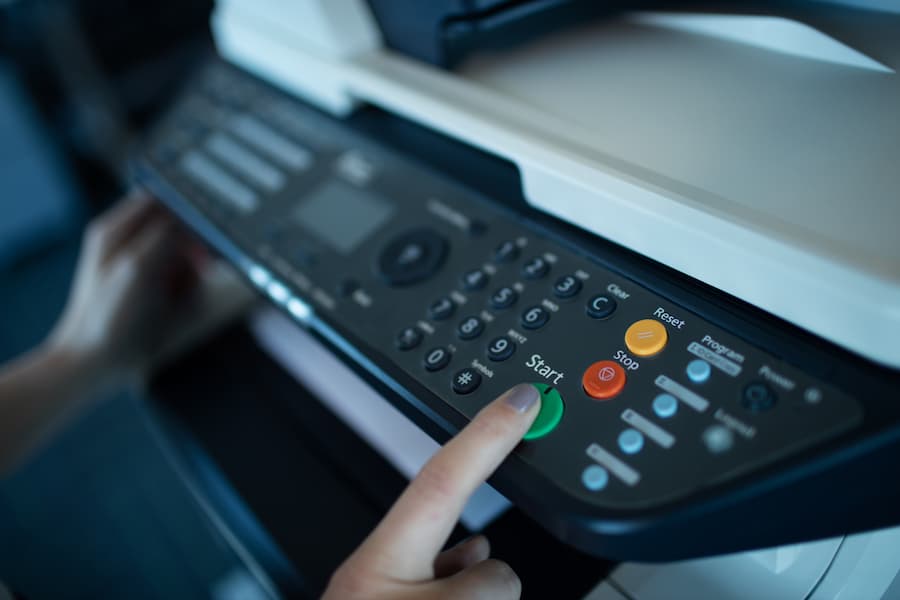
Assessing your copier usage and volume needs is crucial in making the right decision:
- Volume of Copies: Determine the number of copies your business makes daily or monthly.
- Printing Requirements: Consider whether you need color printing, monochrome, or multifunction capabilities.
- Office Workflow: Evaluate how a copier integrates into your existing office workflow and daily operations.
Maintenance and Support
The level of maintenance and support you require can influence your decision:
- Included Services with Leasing: Leased copiers often come with maintenance and support services, reducing downtime.
- Self-Maintenance for Purchased Copiers: When you buy a copier, you are responsible for maintenance, which may require additional resources and costs, so your machine running smoothly.
What People May Also Ask
What is the typical lease term for a copier?
Lease terms for copiers typically range from 12 to 60 months. Short-term leases offer more flexibility, while long-term leases often come with lower monthly payments.
What are the benefits of leasing a copier?
Leasing a copier offers lower upfront costs, predictable monthly payments, access to the latest technology, and included maintenance and support services.
What happens at the end of a copier lease?
At the end of a copier lease, you can either return the copier, renew the lease, or negotiate a buyout to purchase the equipment.
Is it cheaper to lease or buy a copier?
The total cost of leasing a copier can be higher over time compared to buying. However, leasing offers lower upfront costs and predictable monthly payments, which can be advantageous for budgeting. Moreover, there is another option rental services. You can also negotiate with service provider.
Conclusion
Choosing between leasing and buying a copier depends on your business’s specific needs, budget, and operational requirements. Leasing offers flexibility, lower upfront costs, and access to the latest technology, making it an attractive option for many businesses.
However, buying a copier can provide long-term cost savings and greater control over the equipment. By carefully evaluating the benefits and drawbacks of each option, you can make an informed decision that best suits your business.




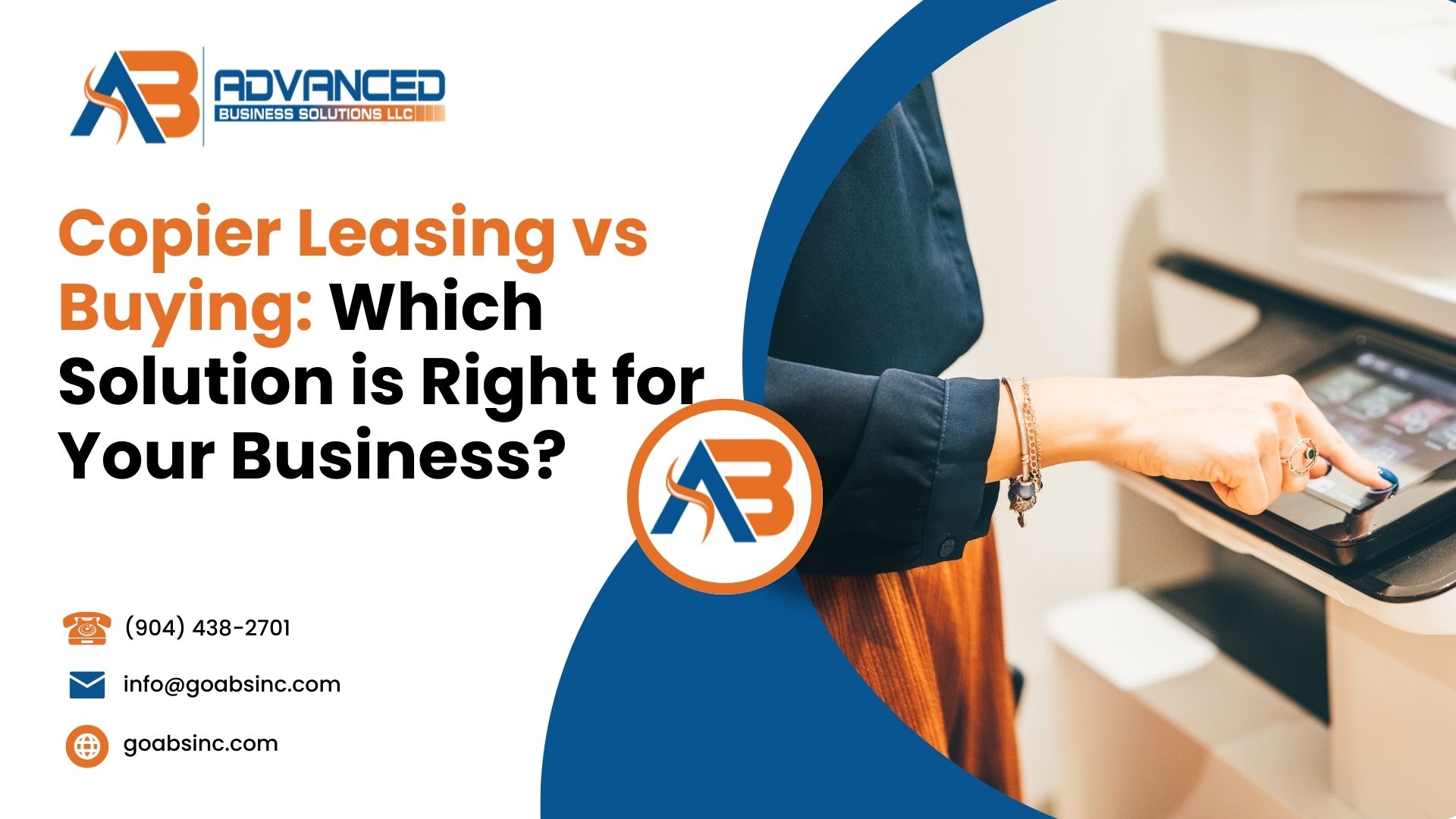
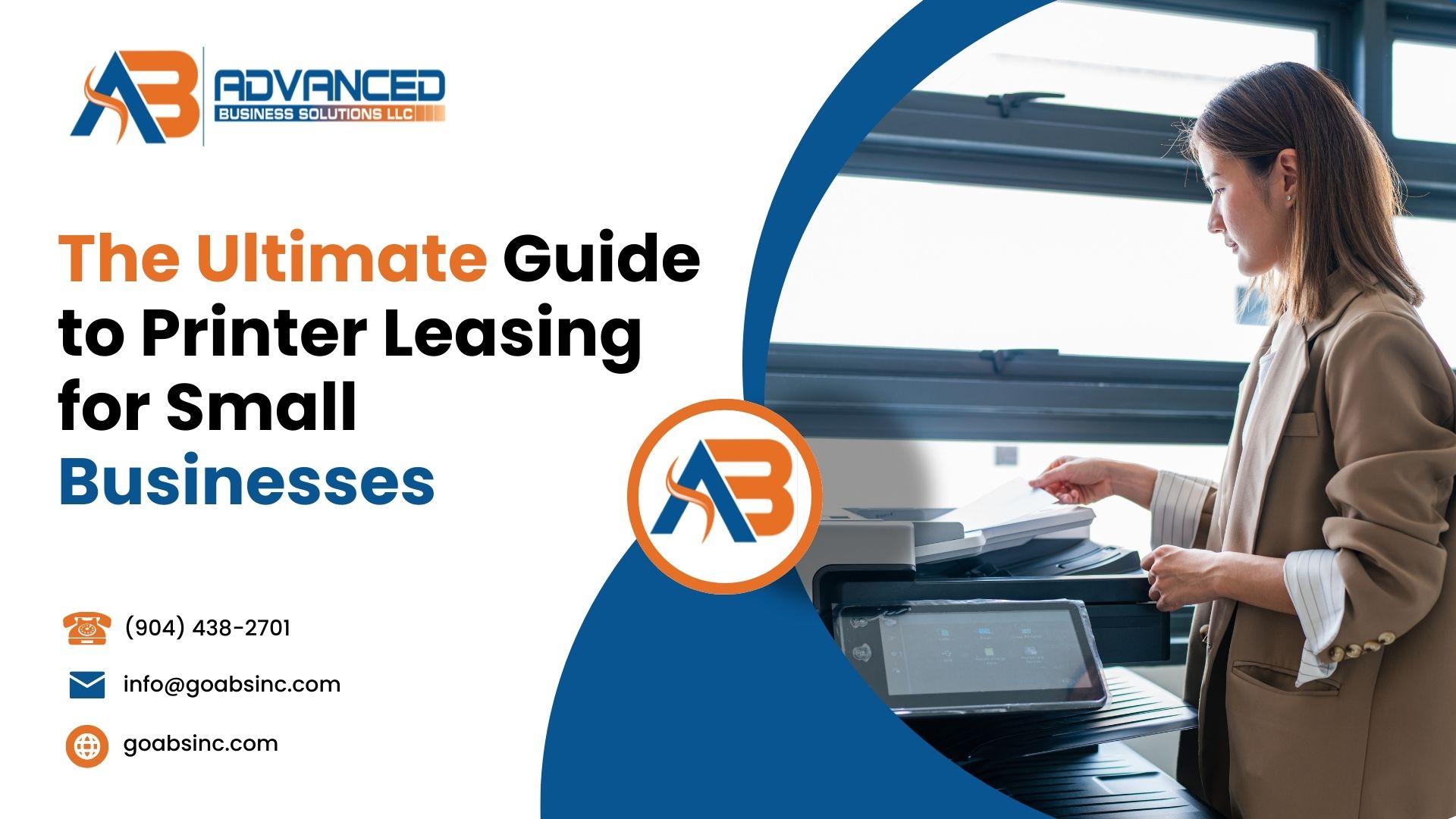
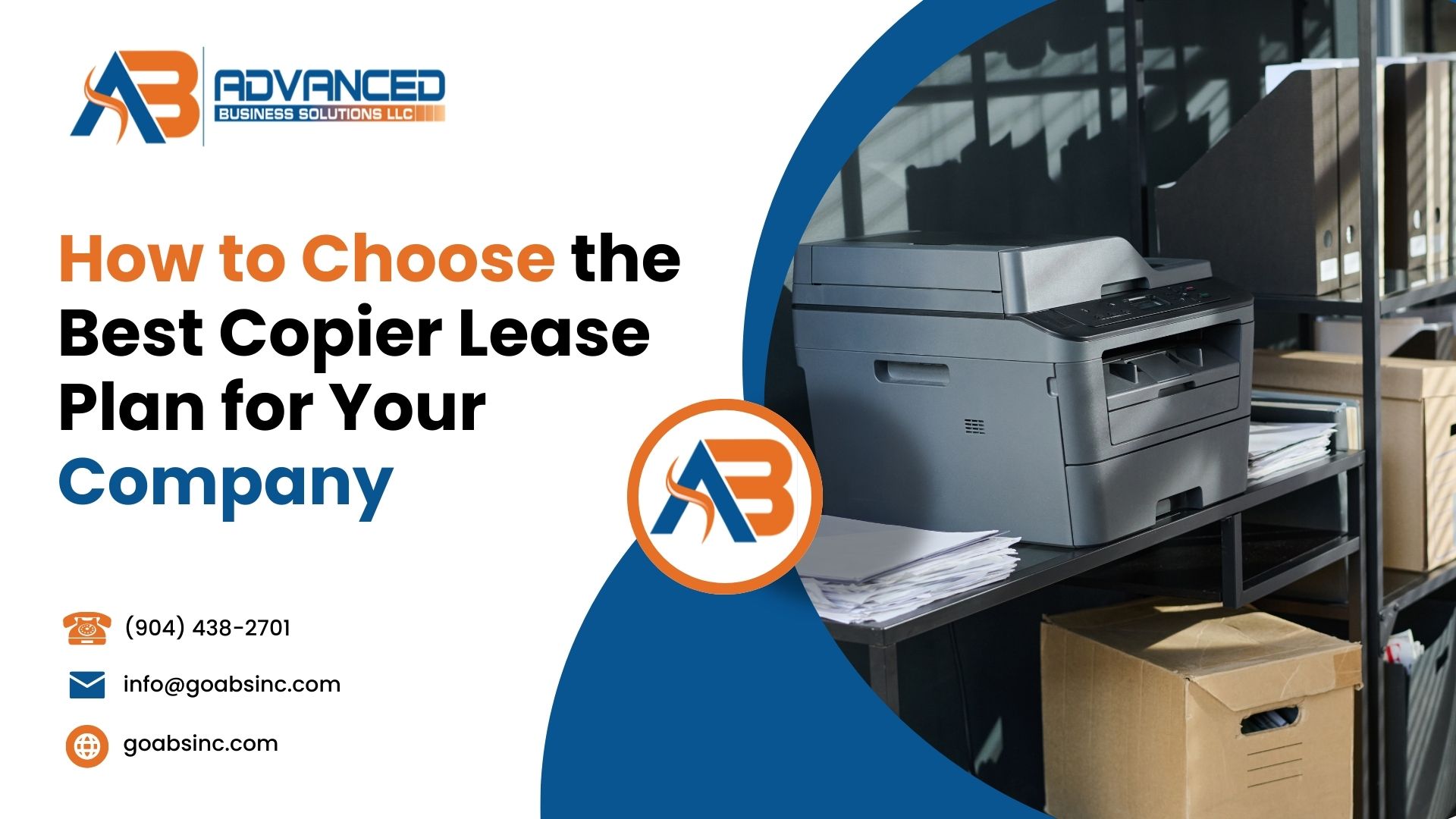
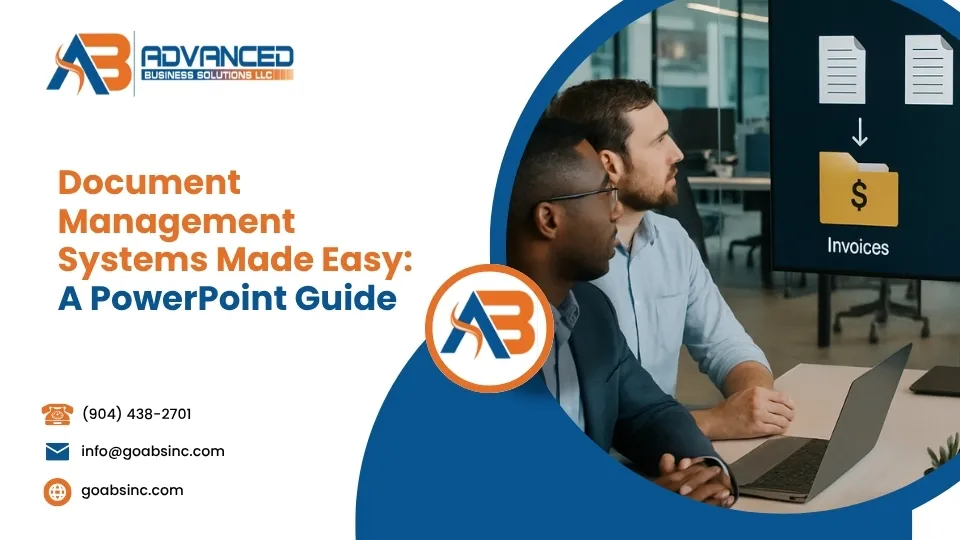

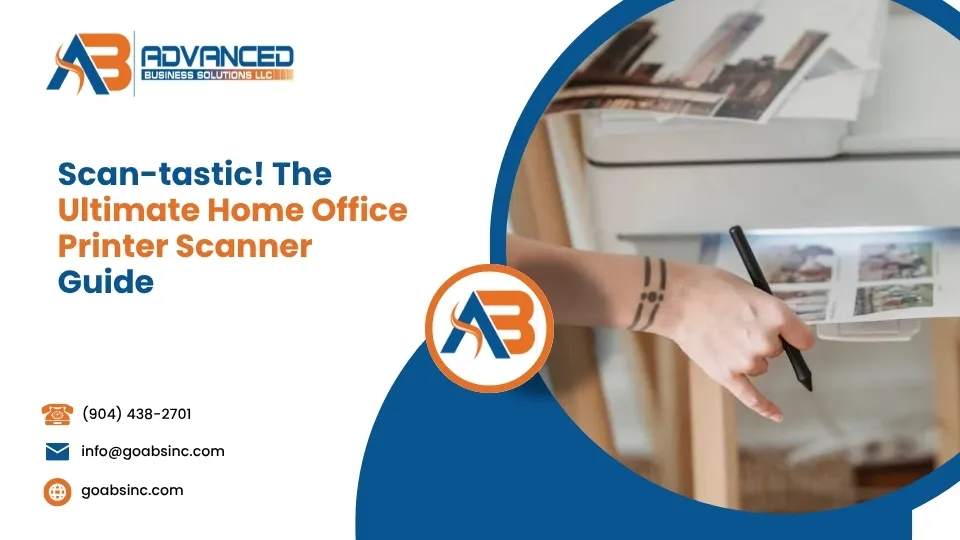
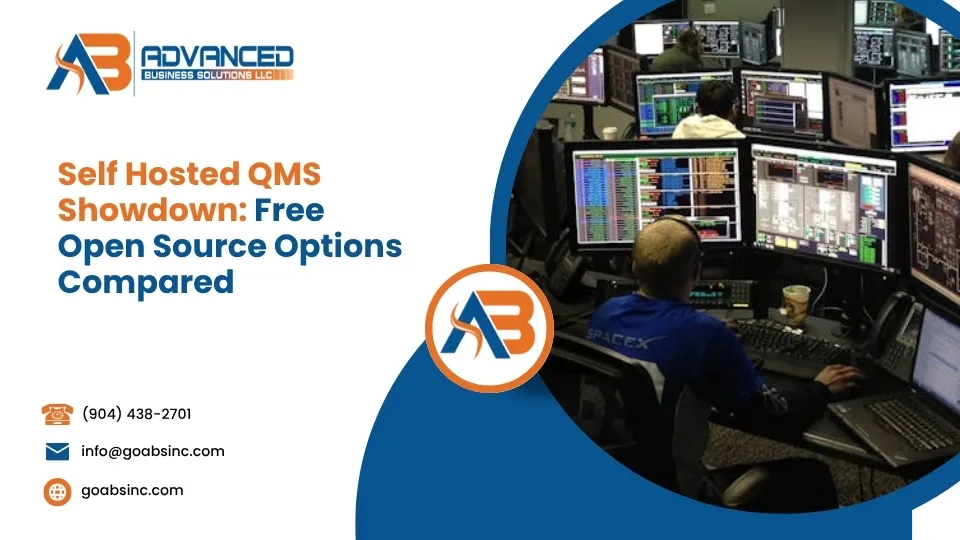
Comments are closed